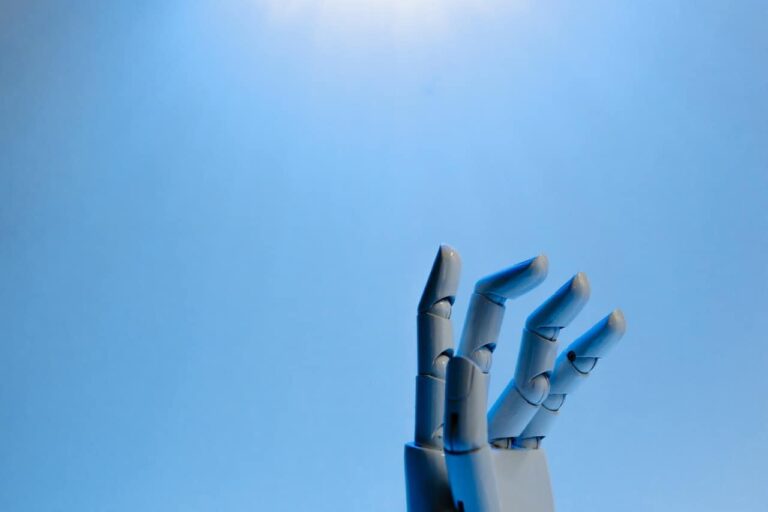The entry into enterprises of AI and applications such as ChatGPT is bound to cause ‘turbulence’ in labour markets in the form of the simultaneous creation and deletion of professional positions. Thus with a negative balance measurable in the global loss of 14 million jobs.
So says a report by the World Economic Forum (WEF) fresh off the press that has been doing the rounds on the web.
Table of Contents
The WEF research
The WEF study was conducted by interviewing 800 representatives from as many companies in 45 different economies around the world. These companies employ a total of 11.3 million workers.
According to the research, the adoption of AI by businesses, with a particular focus on applications such as ChatGPT, will generate a profound “disruption” in global labour markets.
Thus eliminating many white-collar jobs. But, simultaneously, opening up new opportunities for those workers with experience and expertise in new technologies.
Elimination of old professions and entry of new ones
75 percent of the companies consulted by the WEF expect to adopt AI technologies in the near future. Thus leading to a robust impact in terms of employment. As many as 26 million jobs will face cancelation, mainly at the administrative level. With the highest price paid by profiles such as clerical staff, communication and coordination workers, and accountants.
But at the same time, the use of new technologies will have a positive effect in the form of the creation of new jobs for figures. Such as, researchers and data analysts, machine learning specialists and cybersecurity experts. The number of these professionals will probably increase by an average of 30 per cent between now and 2027.
The overall impact of the entry of technologies such as ChatGPT will be very significant and is measured, according to the WEF estimate, by the global elimination of 83 million jobs. And, the simultaneous creation of 69 million new jobs. This means, as CNN writes, a net loss of 14 million jobs, equivalent to 2 per cent of all employment.
Read also: Jobs of the future: data scientist and machine learning engineer, what do they do
The impact of automation in the company
Already today, however, as the WEF data shows, automation has profoundly changed the face of work in the company. With 34 per cent of all tasks being performed by machines. This is a trend that has increased slightly since previous surveys.
In the near future, automation will play an even greater role. Thus covering as much as 42 per cent of all tasks. Here, however, the WEF notes a slightly downward trend, as the scenario outlined in previous surveys entrusted an even more prominent role to machines. Which were expected to perform 47 per cent of all tasks.
AI will also have the effect of changing the requirements for workers in the hiring process by rewarding those profiles that are familiar with AI tools and penalising programmers, for example.
The WEF report cautions, however, that the impact of technologies such as ChatGPT on labour markets will be relatively less profound than the usual macroeconomic factors such as growth and inflation.
Read also: When music meets artificial intelligence: 5 tools for musicians and composers












